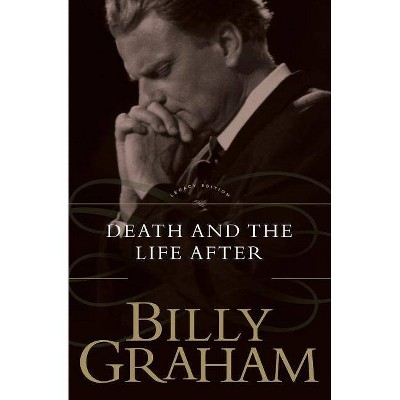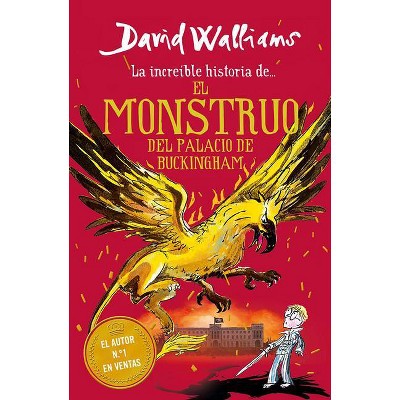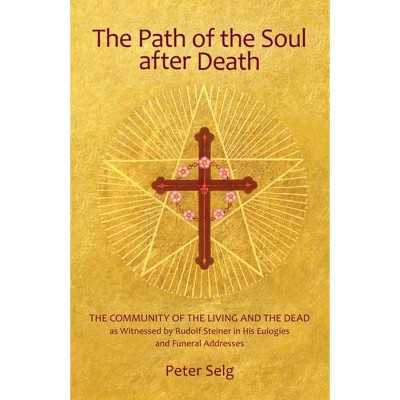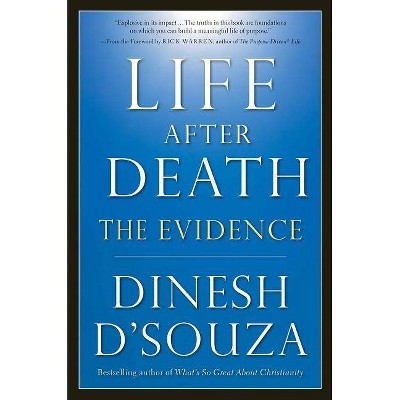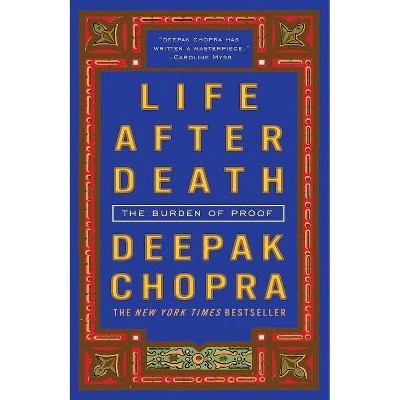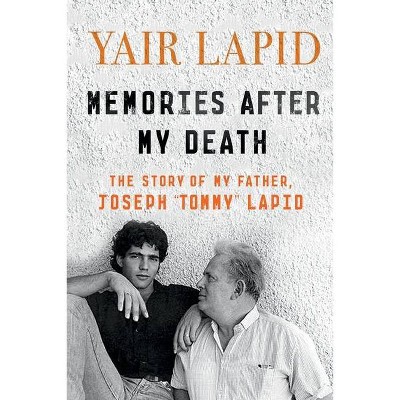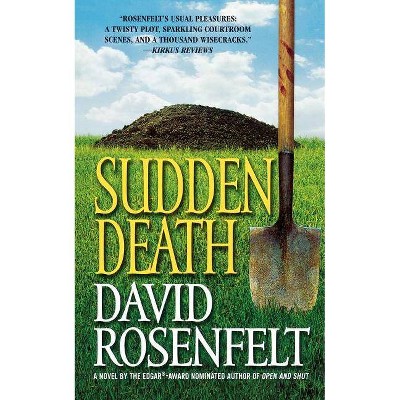After the Death of Childhood - by David Buckingham (Paperback)
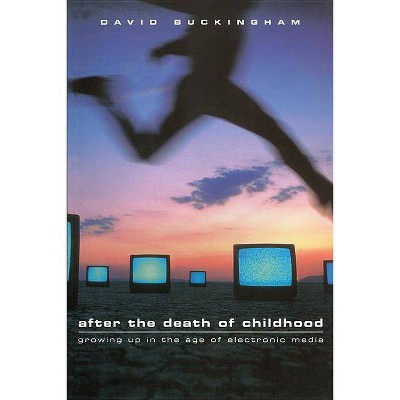
Similar Products
Products of same category from the store
AllProduct info
<p/><br></br><p><b> From the Back Cover </b></p></br></br>What will be the fate of childhood in the twenty-first century? Will children increasingly be living 'media childhoods', dominated by the electronic screen? Will their growing access to adult media help to abolish the distinctions between childhood and adulthood? Or will the advent of new media technologies widen the gaps between the generations still further? <p><br /> In this book, David Buckingham provides a lucid and accessible overview of recent changes both in childhood and in the media environment. He refutes simplistic moral panics about the negative influence of the media, and the exaggerated optimism about the 'electronic generation'. In the process, he points to the challenges that are posed by the proliferation of new technologies, the privatization of the media and of public space, and the polarization between media-rich and media-poor. He argues that children can no longer be excluded or protected from the adult world of violence, commercialism and politics; and that new strategies and policies are needed in order to protect their rights as citizens and as consumers.</p> <p><br /> Based on extensive research, <i>After the Death of Childhood</i> takes a fresh look at well-established concerns about the effects of the media on children. It offers a challenging and refreshing approach to the perennial concerns of researchers, parents, educators, media producers and policy-makers.</p><p/><br></br><p><b> Review Quotes </b></p></br></br><br>'This is a mightily impressive book. David Buckingham surveys a great swathe of claims about children and their relations with the media, and confronts them with the solid array of real research. He then boldly addresses a series of living issues: from censorship for children to children's citizenship. You don't have to agree with every argument he makes or position he arrives at to recognise that this is a work of exceptional range and rich intelligence.' <i>Martin Barker, University of Sussex</i> <br /> <p>'<i>After the Death of Childhood</i> is an excellent summary and critique of the hype surrounding childhood and the media at the dawn of the 21st century. It debates issues with great flair and utmost clarity and draws conclusions that are of vital importance not only to educators and to those in the media, who should take Buckingham's message very seriously, but to all interested and informed adults.' <i>Valerie Walkerdine, Foundation Professor of Critical Psychology at University of Western Sydney, Australia</i><br /> </p> <p>'An overview of changes both in childhood and the media environment, based on extensive research ... He raises some important issues and dispels some fears.' <i>CY Magazine</i><br /> </p> <p>'Buckingham addresses the relationship between children and the media by focusing on both the changing patterns of media and the changing nature of childhood.' <i>Reference and Research Book News</i><br /> </p> <p>'This is an important and engaging book that will prove informative and challenging to literacy and English educators. It places the work on children and the media in historical context and suggests a way forward for research and policy developments.' <i>Journal of Early Childhood Literacy</i><br /> </p> <p>'a valuable addition to the ongoing debates over children and modern-day society' <i>British Educational Research Journal</i></p><br><p/><br></br><p><b> About the Author </b></p></br></br><b>David Buckingham</b> is Reader in Education, Institute of Education, University of London.
Price History
Price Archive shows prices from various stores, lets you see history and find the cheapest. There is no actual sale on the website. For all support, inquiry and suggestion messagescommunication@pricearchive.us
